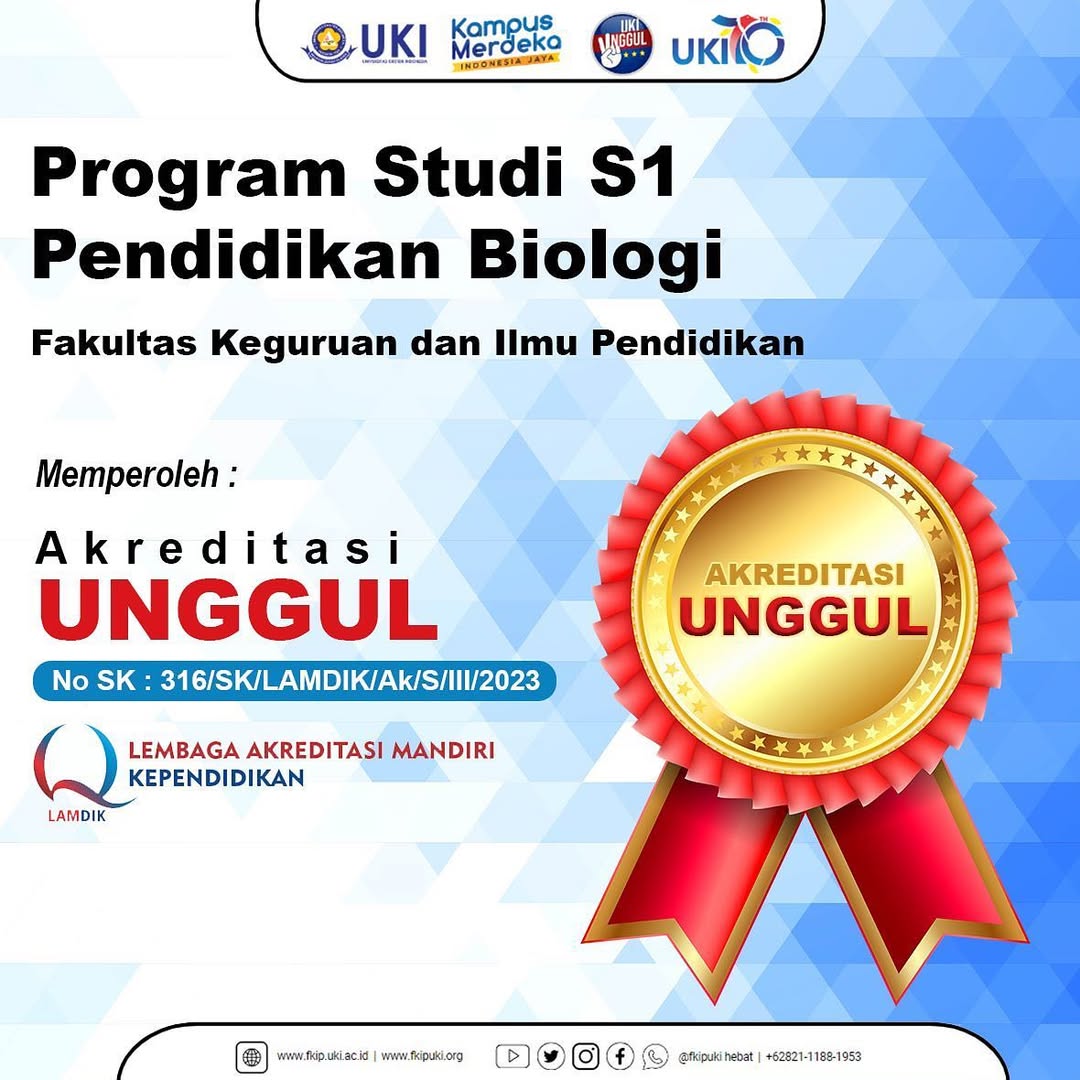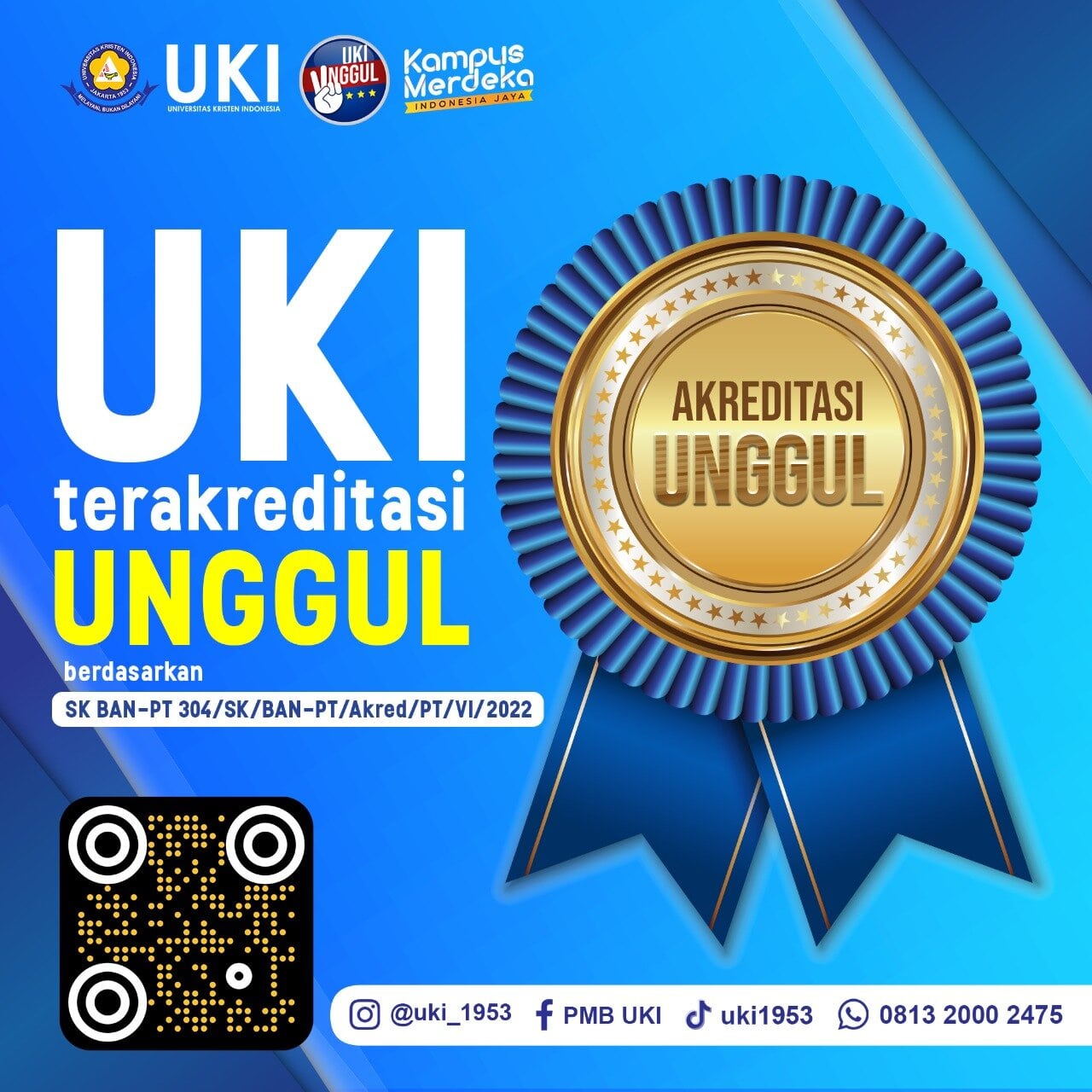The Relationship between Conceptual Understanding and Students' Academic Achievement in Biochemistry Courses
DOI:
https://doi.org/10.33541/pro-life.v12i2.6976Keywords:
academic achievement, biochemistry, concept map, concept understandingAbstract
Biochemistry is one of the most challenging subjects for students to master, so a conceptual understanding is necessary to grasp its complex and broad concepts. Concept maps can help understand concepts and can also be used as an assessment tool. This study employed a quantitative correlational analysis to examine the relationship between students' conceptual understanding, as assessed through concept maps, and their academic achievement in Biochemistry. The concept map assessment utilized the University of Waterloo rubric, while the academic achievement assessment used the midterm exam results as a basis. Using the Spearman correlational test, it can be concluded that there was no statistically significant correlation between the concept map and the midterm exam score. The different knowledge content or depths likely caused this result compared to the exam. Differences in learning atmosphere, time allocated, and method of working may also contribute to the insignificant correlation between them. A further study was needed to explore the exact reason for it.
References
Agustin, P. N., Elfiana, D. E., Mufida, S. N., & Asih, T. L. (2024). The effectiveness of concept attainment model (CAM) with concept mapping technique on students’ creative thinking skills. Science Education Research and Application, 1(2).
Anastasiou, D., Wirngo, C. N., & Bagos, P. (2024). The effectiveness of concept maps on students’ achievement in science: A meta-analysis. Educational Psychology Review, 36(2). https://doi.org/10.1007/s10648-024-09877-y
Arofah, I., Ningsi, B. A., & Masyhudi, L. (2020). Analisis faktor-faktor yang mempengaruhi prestasi akademik mahasiswa. Media Bina Ilmiah, 15(5), 4511–4522.
Centre for Teaching Excellence, University of Waterloo. (2014). Rubric for assessing concept maps. Retrieved May 28, 2025, from https://uwaterloo.ca/centre-for-teaching-excellence/catalogs/tip-sheets/rubric-assessing-concept-maps
Chen, W., & Allen, C. (2017). Concept mapping: Providing assessment of, for, and as learning. Medical Science Educator, 27(2), 149–153. https://doi.org/10.1007/s40670-016-0365-1
Elhousni, Z., Laamech, J., Zerhane, R., & Janati-Idrissi, R. (2023). Difficulties in learning biochemistry: Case of 1st year medical students, Tangier. Journal for Educators, Teachers and Trainers, 14(1). https://doi.org/10.47750/jett.2023.14.01.006
Fauzi, A., & Fariantika, A. (2018). Courses perceived difficult by undergraduate students majoring in biology. Biosfer, 11(2). https://doi.org/10.21009/biosferjpb.v11n2.78-89
Fonseca, M., Marvão, P., Oliveira, B., Heleno, B., Carreiro-Martins, P., Neuparth, N., & Rendas, A. (2024). The effectiveness of concept mapping as a tool for developing critical thinking in undergraduate medical education: A BEME systematic review. Medical Teacher, 46(9), 1120–1133. https://doi.org/10.1080/0142159X.2023.2281248
Habsy, B. A., Christian, J. S., M, S. U. S. P., & Unaisah, U. (2023). Memahami teori pembelajaran kognitif dan konstruktivisme serta penerapannya. Tsaqofah, 4(1), 308–325. https://doi.org/10.58578/tsaqofah.v4i1.2177
Hasibuan, A. A. (2018). Kontribusi lingkungan belajar dan proses pembelajaran terhadap prestasi belajar siswa di sekolah. Jurnal Tarbiyah, 25(2), 1–20.
Juwita, R., Kadarohman, A., Abdullah, N., & Munawaroh, H. S. H. (2023). Challenge in biochemistry courses: A snapshot of student learning difficulties. JTK (Jurnal Tadris Kimiya), 8(2). https://doi.org/10.15575/jtk.v8i2.26611
Kelly, G. J., Mayer, R. E., Editors, S., & Novak, J. D. (2002). Meaningful learning: The essential factor for conceptual change in limited or inappropriate propositional hierarchies leading to empowerment of learners. Science Education. https://doi.org/10.1002/sce.10032
Machado, C. T., & Carvalho, A. A. (2020). Concept mapping: Benefits and challenges in higher education. Journal of Continuing Higher Education, 68(1), 38–53. https://doi.org/10.1080/07377363.2020.1712579
Macleod, G., Chen, Y., Guo, J., Xie, L., Xie, R., & Sang, S. (2024). Using concept maps as an assessment task for international taught postgraduate students: Is it a ‘helpful bridge’ or ‘blunt instrument’? Assessment & Evaluation in Higher Education, 0(0), 1–14. https://doi.org/10.1080/02602938.2024.2401923
Mills, S. (2016). Conceptual understanding: A concept analysis. The Qualitative Report, 21(3), 546–557.
Novak, J. D., & Cañas, A. J. (2008). The theory underlying concept maps and how to construct and use them. http://cmap.ihmc.us/docs/pdf/TheoryUnderlyingConceptMaps.pdf
Rahmatan, H. (2016). Biochemistry concept level of difficulty profile of prospective biology teachers’ perception. Proceedings of the 6th Annual International Conference Syiah Kuala University (AIC Unsyiah).
Ries, K. E. de, Schaap, H., & Marieke, A. (2022). A literature review of open-ended concept maps as a research instrument to study knowledge and learning. Quality & Quantity, 56(1). https://doi.org/10.1007/s11135-021-01113-x
Salame, I. I., Abid, M., & Simms, S. (2022). Examining some of the challenges that students face in learning about metabolic pathways in a traditional biochemistry course. International Journal of Instruction, 15(4). https://doi.org/10.29333/iji.2022.15416a
Sasikumar, N., & Bapitha, R. (2019). Examination stress and academic achievement in English of ninth standard students in Pudukottai Educational District. American Journal of Educational Research, 7(9), 654–659. https://doi.org/10.12691/education-7-9-9
Schmidt, J., Wollermann, L., Abele, S., & Müller, R. (2024). Concept maps to assess system understanding: Are graphical explanations more accurate than verbal ones? Behavioral Sciences.
Yekti, R., & Rambe, R. (2021). Hubungan kualitas tidur dengan prestasi belajar mahasiswa angkatan 2017 Fakultas Kedokteran Universitas Kristen Indonesia. Jurnal Pro-Life, 8(2), 148–155. https://doi.org/10.31227/osf.io/placeholder
Yusuf, O. Y. H., Aprianti, F., Mayasari, D., Satriwati, S., & Balula, W. E. (2023). Educator and student interaction in a classroom learning atmosphere. AURELIA: Jurnal Penelitian dan Pengabdian Masyarakat Indonesia, 2(1). https://doi.org/10.57235/aurelia.v2i1.309
Zagaar, M., & Chen, W. (2022). Assessment for deeper understanding using concept maps: Lessons learned from flipped teaching of pharmacology. Medical Science Educator, 1289–1297. https://doi.org/10.1007/s40670-022-01653-3
Zubaidah, S., & Pangestuti, A. A. (2016). Peta konsep sebagai alat evaluasi pada pembelajaran biologi. Jurnal Pendidikan Biologi Indonesia, 13(1), 164–168.
Downloads
Published
How to Cite
Issue
Section
License
Copyright (c) 2025 Fitarahmawati, R. Susanti, Ahmad Naharuddin Ramadhan

This work is licensed under a Creative Commons Attribution-ShareAlike 4.0 International License.

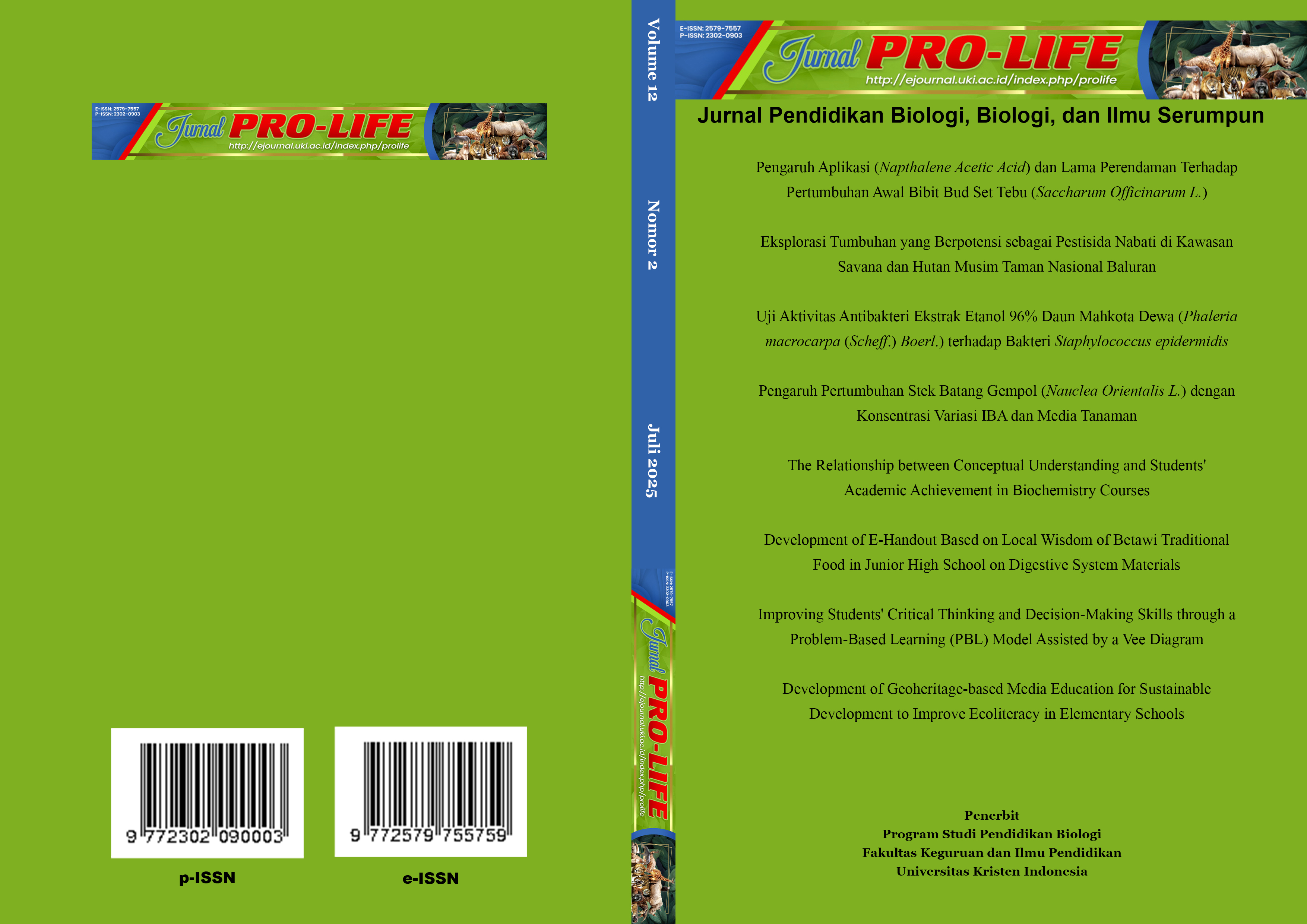




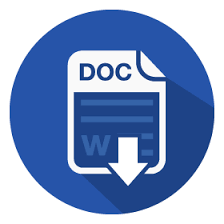




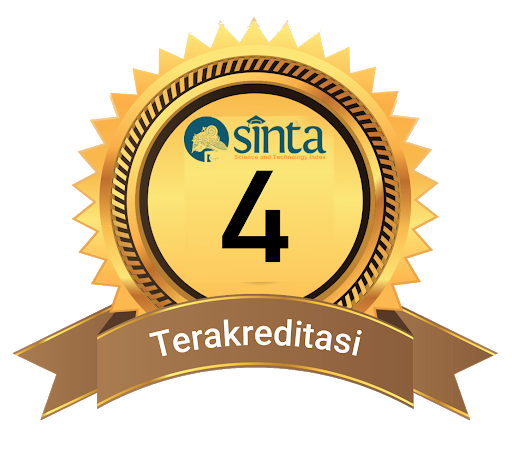


.svg_.png)


